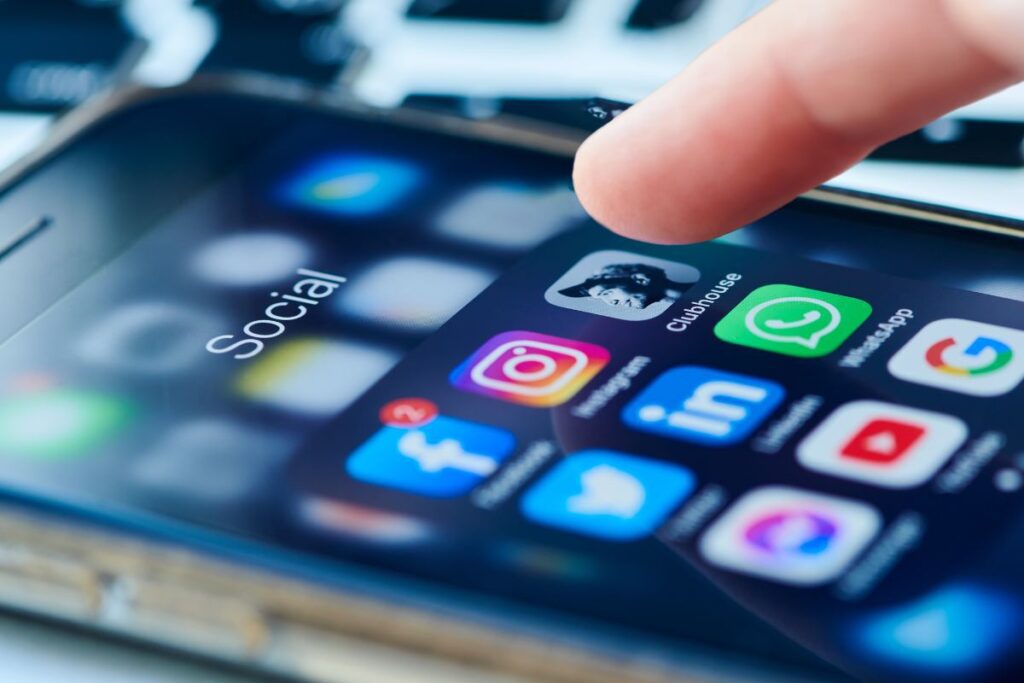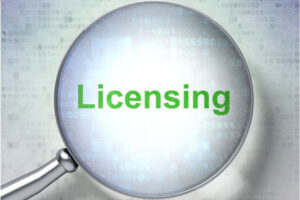Professionals are subject to the laws and rules governing their respective professions. The rise in social media usage, both personally and professionally, has led to some regulation of social media activity by licensing and disciplinary boards. Unfortunately, making social media posts can sometimes result in disciplinary action against your professional license. Having a professional license defense lawyer on your side can make a significant difference in the outcome of your case. The following are examples of how different professional licensing boards handle social media usage by the professionals they regulate.
The Texas Board of Nursing and Social Media
Under 22 Tex. Admin. Code §217.11(1)(J), nurses are responsible for knowing, recognizing, and maintaining the professional boundaries of the nurse-patient relationship. 22 Tex. Admin. Code §217.1(29) defines professional boundaries as “the appropriate limits which should be established by the nurse in the nurse/client relationship due to the nurse’s power and the patient’s vulnerability. Refers to the provision of nursing services within the limits of the nurse/client relationship, which promote the client’s dignity, independence and best interests and refrain from inappropriate involvement in the client’s personal relationships and/or the obtainment of the nurse’s personal gain at the client’s expense.” Violation of professional boundaries constitutes professional misconduct that can lead to disciplinary action under 22 Tex. Admin. Code §217.12(6)(D).
The Texas Board of Nursing (TBON) has taken the position that social media posts by nurses can easily run afoul of the requirement that nurses maintain professional boundaries. As a result, TBON has issued Position Statement 15.29: Professional Boundaries Including Use of Social Media by Nurses. In its position statement, TBON states that a nurse’s use of social media can unintentionally blur the boundaries between a nurse’s professional and personal lives, which can lead to the violation of professional boundaries.
For instance, online postings by nurses may harm patients if they disclose protected health information. Likewise, social media postings by nurses may undermine public trust in individual nurses, the nursing profession, and the healthcare entities that employ nurses. Based on these concerns, TBON takes the following positions on nurses’ social media usage:
- Nurses have an ethical and legal obligation to maintain patient privacy and confidentiality, including when using social media.
- Nurses must maintain professional boundaries when using social media and refrain from disparaging, degrading, or embarrassing patients.
- Nurses must provide nursing services without discrimination and refrain from making threatening, harassing, profane, obscene, sexually explicit, racially derogatory, homophobic, or other offensive comments.
- Nurses must be aware of and comply with all laws and rules, including employer policies regarding the use of electronic devices, including employer-owned computers, cameras, and the use of personal devices in the workplace. In addition, nurses must ensure appropriate and therapeutic use of all patient-related electronic media, including patient-related images, photos, or videos, per applicable laws, rules, and institutional policies and procedures.
The Texas Medical Board and Social Media Posts
The Texas Medical Board (TMB) does not appear to have any specifically articulated policies on social media usage by the professionals it regulates. However, social media posts can and do run afoul of the rules and laws that govern those professionals.
For instance, 22 Tex. Admin. Code §190.8(2) prohibits unprofessional and dishonorable conduct that is likely to deceive, defraud, or injure the public within the meaning of the Texas Medical Practice Act. One provision under this section that constitutes unprofessional and dishonorable conduct is “using false, misleading, or deceptive advertising.” Social media posts fall within this provision, as do written or oral advertisements. As a result, doctors must ensure that their social media posts comply with this provision.
Unprofessional and dishonorable conduct also includes “failing to maintain the confidentiality of a patient.” Therefore, doctors should refrain from social media posts regarding patients, even if they do not identify them by name. Not only do they violate confidentiality rules under this section, but they also may disclose protected health information in violation of HIPAA.
Furthermore, unprofessional, and dishonorable conduct includes “behaving in an abusive or assaultive manner toward a patient or the patient’s family or representatives that interferes with patient care or could be reasonably expected to adversely impact the quality of care rendered to a patient.” This section also prohibits “behaving in a disruptive manner toward licensees, hospital personnel, other medical personnel, patients, family members or others that interferes with patient care or could be reasonably expected to adversely impact the quality of care rendered to a patient.” Social media posts that are disparaging, desultory, discriminatory, or abusive toward patients, their families, other doctors, or other medical personnel could all fall within these prohibitions. Certainly, doctors could face disciplinary action by the TMB depending on the content of their social media posts.
We Will Stand Up for Your Rights and Fight for Your License
You can count on the experienced professional license defense lawyers at Bertolino LLP, to defend you when you receive notice of disciplinary action against your license. We will investigate the circumstances that led to your disciplinary proceedings and devise the best strategy for your case. In addition, we will work to clear your name and ensure your professional license remains intact. Call us at (512) 515-9518 or contact us online.
Call or text (512) 476-5757 or complete a Case Evaluation form






